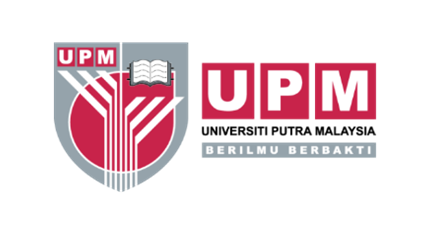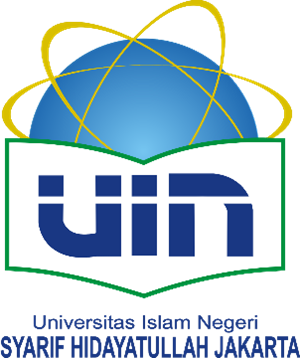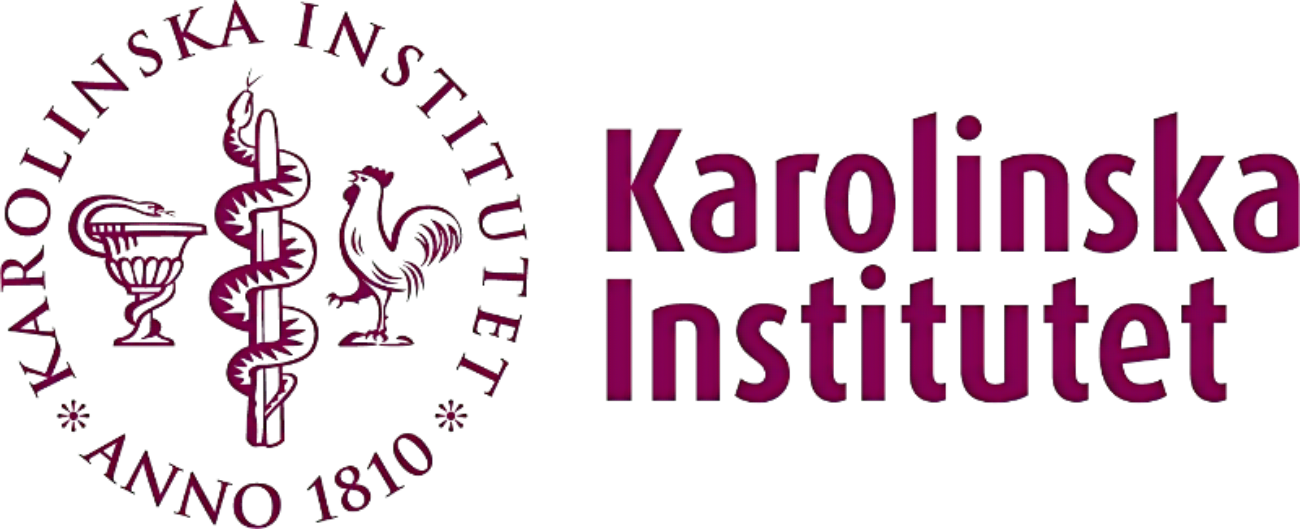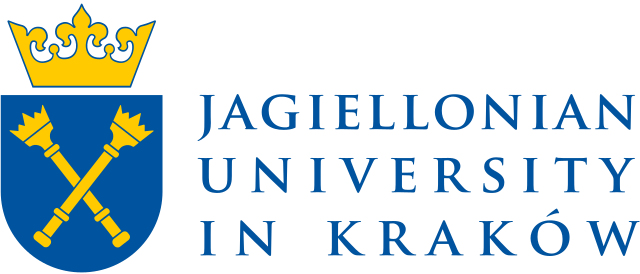

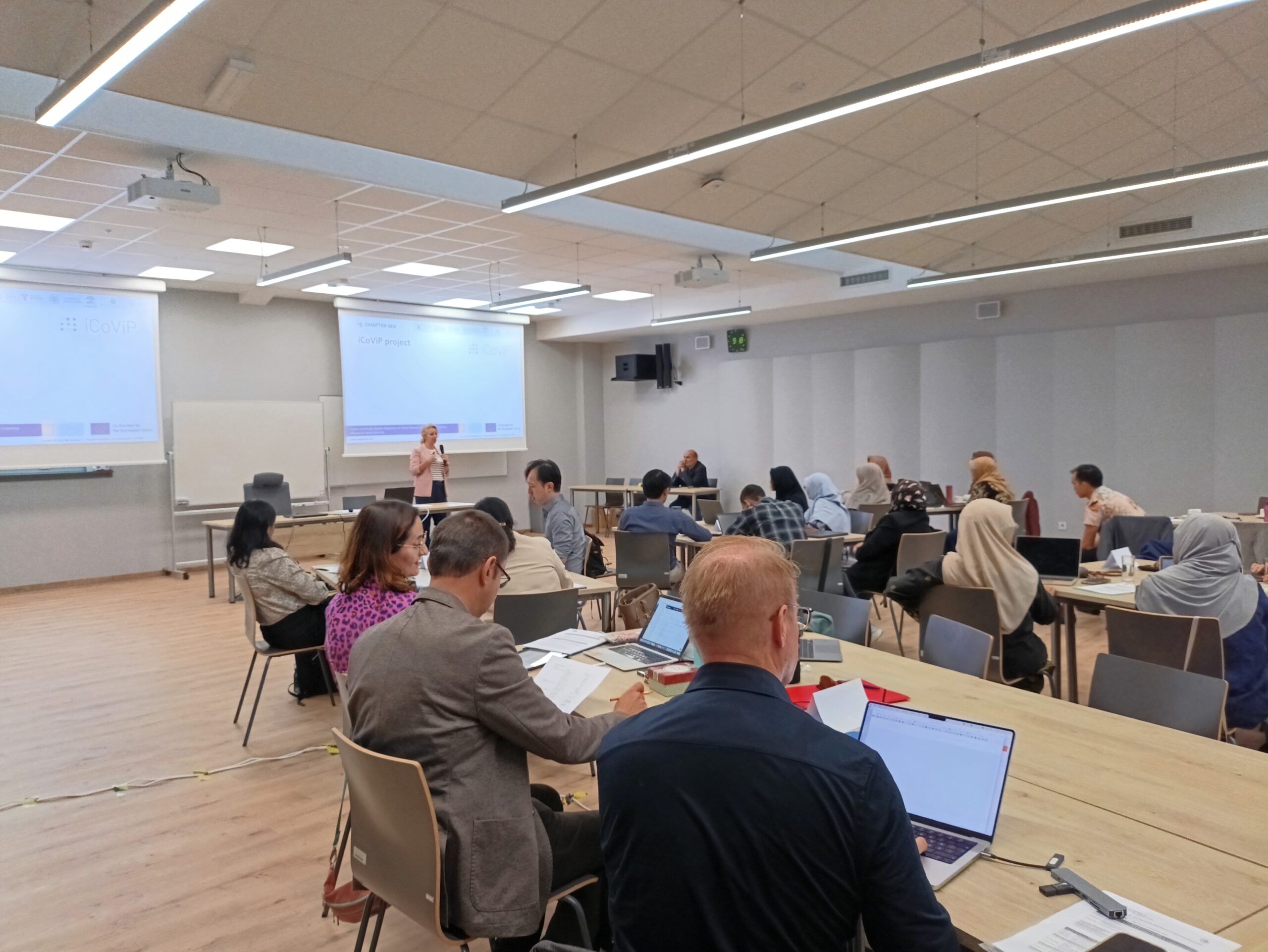
The Workshop 2 – Implementation and Adaptation of VP’s
Chapter SEA 15th – 19th September 2025 Second Project Meeting Krakow
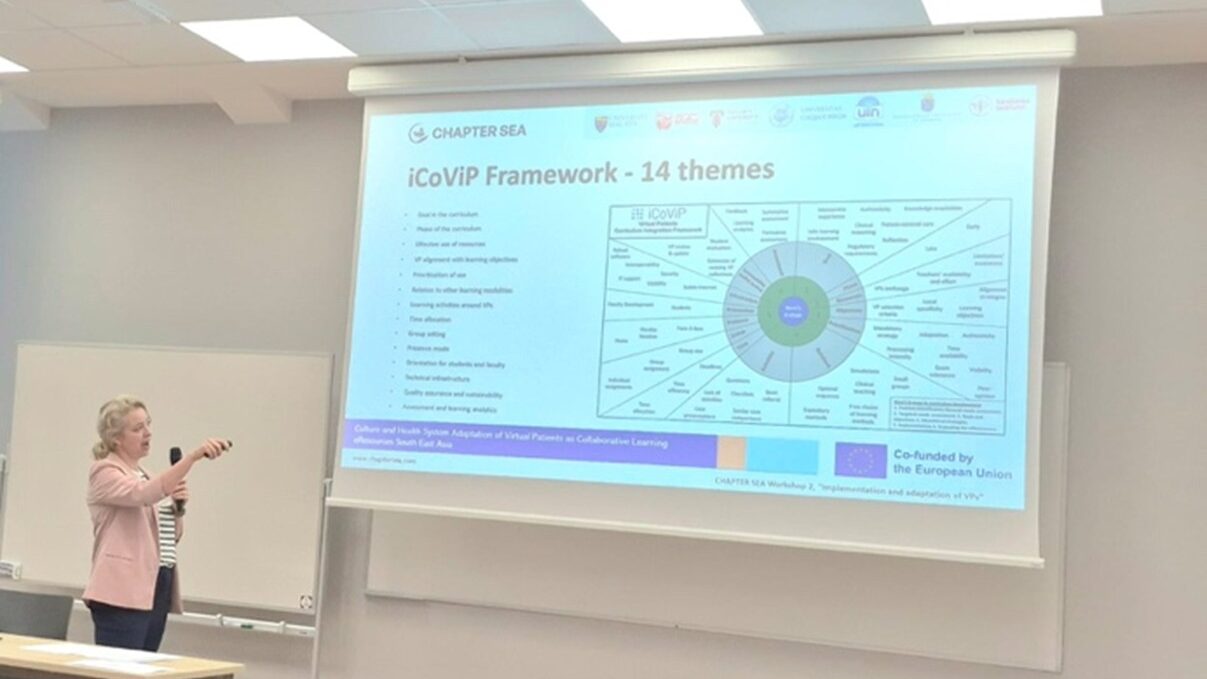
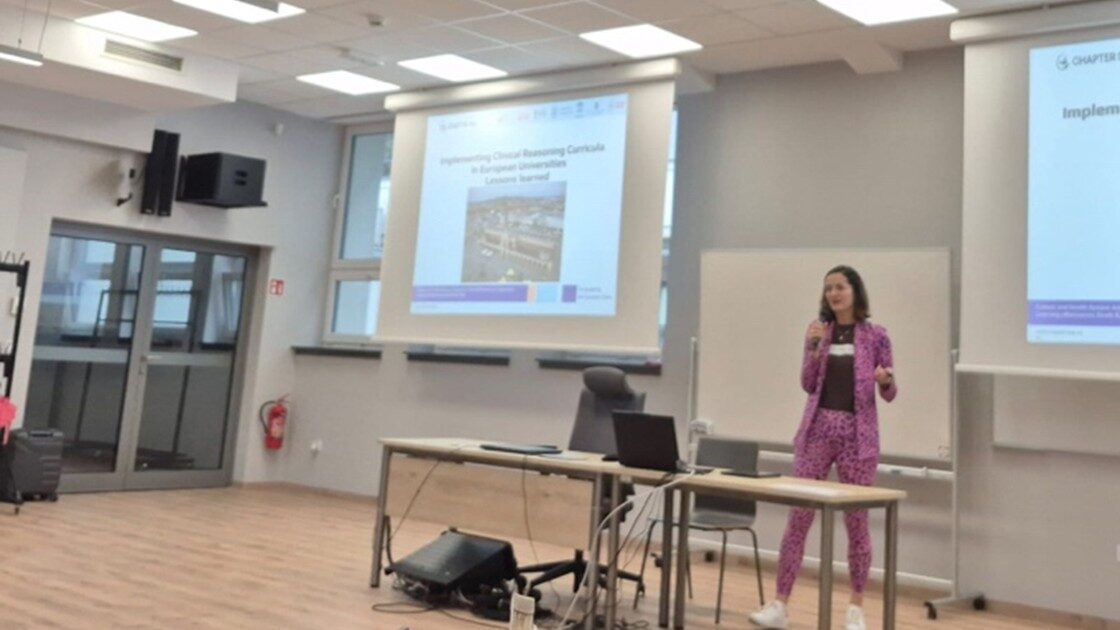

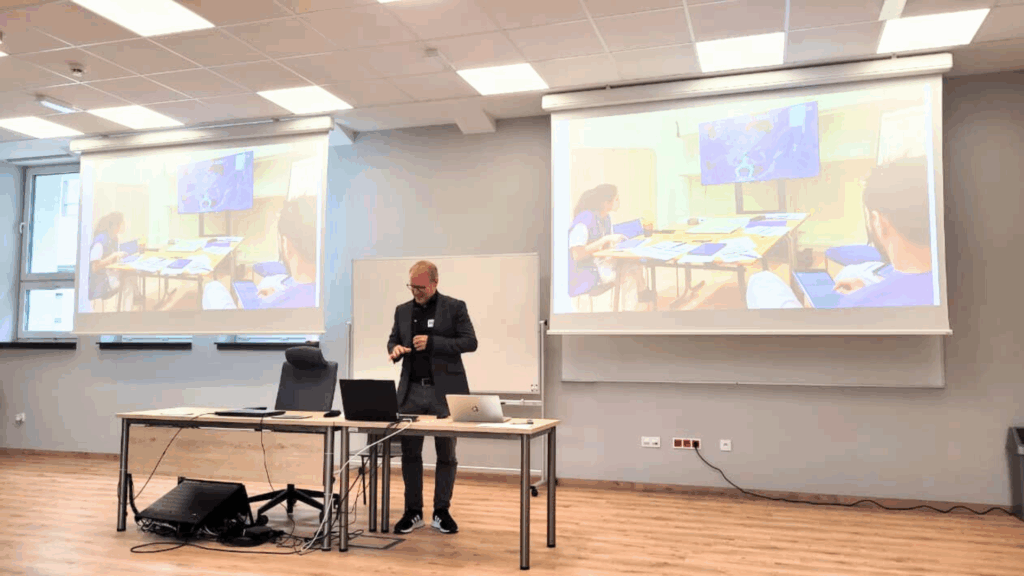
Workshop 2, themed "Virtual Patient Implementation and Adaptation," began with a presentation by Dr. Andrzej Kononowicz on Implementation Science and its benefits in curriculum implementation and shifting from a "let it happen" to a "make it happen" paradigm. Five theories were presented as approaches to implementation science: process models; determinant frameworks; implementation theories; classic theories; and evaluation frameworks. The next session continued with Joanna Fąferek, who emphasized the need for a systematic review to determine the best framework for curriculum implementation. ICoVIP Framework 14 themes can be one of the frameworks for curriculum implementation, and one important thing to remember in curriculum implementation is that curriculum implementation is a continuous process that never ends. In Session 3, Małgorzata Sudacka added an explanation of the challenges and difficulties in implementing the clinical reasoning curriculum thru her multi-center research at several health faculties in Europe. Thru this qualitative research, many obstacles and challenges were found in the implementation of the clinical reasoning curriculum, including time, culture, teaching, assessment, motivation, infrastructure, and concepts.
The final workshop session by Klas Karlgren from the Karolinska Institute explained that curriculum implementation requires a lot of learning and some pilot tests need to be done, and not to be afraid of failure because challenges and failures will lead to more improvements, just like the story of the Andree's Arctic Balloon Expedition, which reinforces that success and failure are part of implementing educational innovation. The pre-lunch session was deepened with the sharing of educational innovation implementation by consortium participants from Universiti Malaya, Universiti Putra Malaysia, Taylor University, Universitas Gajah Mada, and UIN Syarif Hidayatullah Jakarta, while also identifying the challenges and strengths of each consortium member in implementing the curriculum. The first day's two-day workshop concluded with hands-on training on VP curriculum implementation, including details and assessments.


